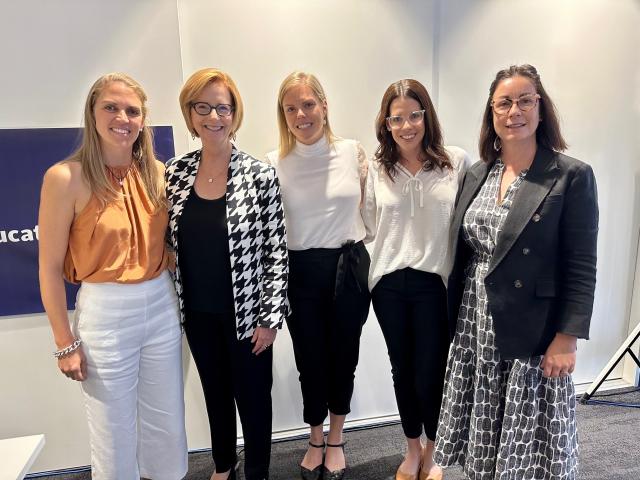
Aidan Curtis
THE Royal Commission into Early Childhood Education and Care handed the State Government a suite of recommendations with the release of its final report, but there is still plenty to do for regional areas.
According to Kingston Early Learning and Childcare Services (KELCS) working group chairwoman Kirsty Starling, the Royal Commission’s report has been well received overall.
“Its findings were that there is quite a divide between rural and urban areas, which we know and have experienced, so it was really good to see that there in black and white,” Ms Starling said.
“It would be great to see the State Government adopting a lot of the recommendations.
“Recommendation 10, ‘The State Government actions to support childcare accessibility’, so we were really pleased to see that got a clear definition and is really supporting accessibility in rural areas.”
While the recommendations were a good start, Ms Starling said there was still a lot to do at a local level to bridge the gap between urban and rural childcare accessibility.
“We’re still pushing forward with our plans locally and we’re hoping that Royal Commission document supports everything that we’ve been saying,” she said.
“We have been meeting regularly with the team working out of the early years office at the Department for Education and with our delegates from local council.
“For us, it’s still just pushing forward with our plans here.”
Ms Starling was also pleased to see the report openly acknowledge the effort and dedication of regional activists in fighting for childcare accessibility, but the focus remained on outcomes from the Royal Commission.
“More than anything, we still just want outcomes – we didn’t do it to have our names written in a document,” she said.
“It shows the work that regional people are willing to put in to just to have the access their urban counterparts get on a daily basis.
“They don’t need to fight, they don’t need to advocate, they don’t need to put thousands of hours of work towards getting access to childcare.”







